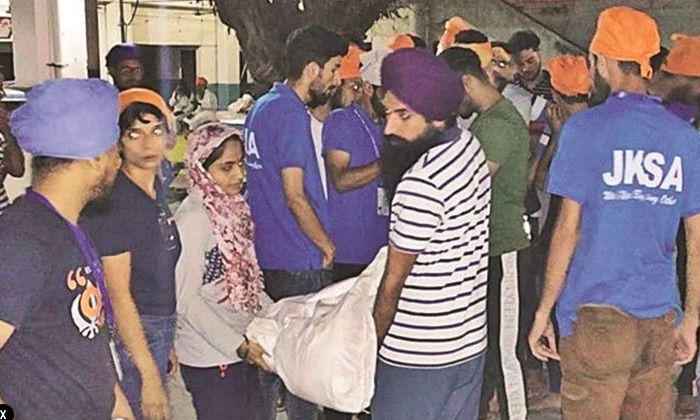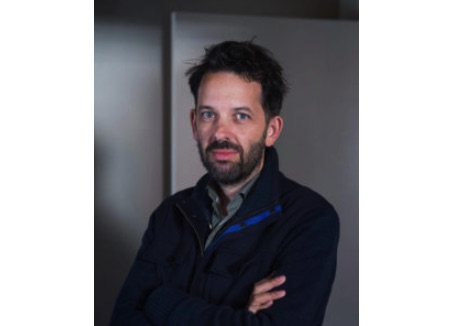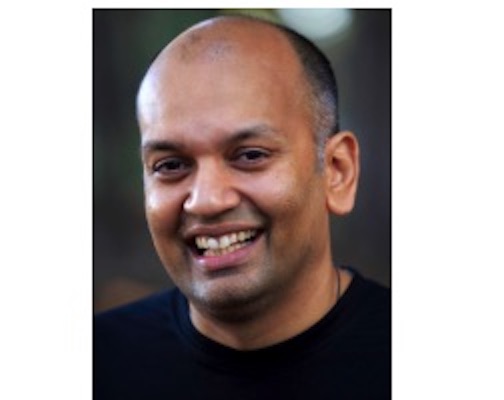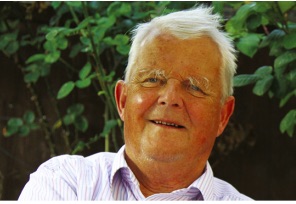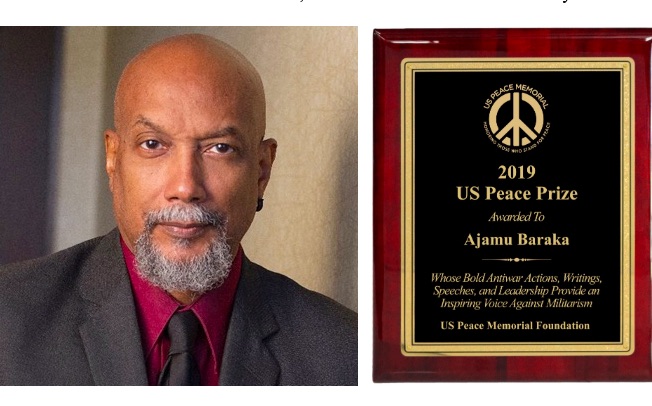EDUCATION FOR PEACE .
An article and photos from The Alfred Fried Photography Award
The Alfred Fried Photography Award recognizes and promotes photographers from all over the world whose pictures capture human efforts towards a peaceful world and the quest for beauty and goodness in our lives. The award goes to those photographs that best express the idea that our future lies in peaceful coexistence.
Winner of the Alfred Fried Photography Award’s world-best picture on the theme of peace, worth € 10000, is Stefan Boness, Germany, with an image from his work „FridaysForFuture Climate Protest“

„FridaysForFuture Climate Protest“, Stefan Boness, Germany
Stefan Boness lives in Berlin and Manchester, working as a photographer on a wide range of topics. He has not only documented the political Berlin with its protagonists and the right-wing populist movements in towns like Dresden or Cottbus, or traced the steps of Walter Benjamin. He also worked in Japan, and photographed landscapes of ruins, animal graveyards as well as Eritrean welders. With his book Flandern Fields he created a “photographic meditation on the battle fields of WWI”. He photographed architecture in places like Tel Aviv, Asmara, or Hoyerswerda. In 2015, Boness was awarded the first prize at the German photo competition ‘Rückblende’ for a photograph of the German Chancellor Angela Merkel, and has won a World Press Photo Award and a Fuji Euro Press Award.

„BORN FREE – Mandela’s Generation of Hope“, Ilvy Njiokiktjien, Netherlands
Ilvy Njiokiktjien bought her first camera in 2002, graduated from the school of journalism in her home town, and is working as a photographer and multimedia journalist. She finances long-term projects like the one in South Africa through day jobs for new media. The has been published inter alia in the New York Times, in Spiegel, in the Telegraph Magazine, and in l’Espresso. In 2012, she received the World Press Photo Award in the category Multimedia. In 2018, her photos of new-born babies in Africa were shown at a UNICEF exhibition at the United Nations in Geneva. The jury of the Alfred Fried Photography Awards should like to extend their heartfelt congratulations to her for her peaceful and obviously enjoyable work.

„The Forest Orphanage“, Nur Adilla Djalil Daniel, Indonesia
Dilla Dlalil Daniel was born in 1966 in Jakarta where she lives today. She was given a camera at the age of nine with which she photographed her dogs. As she had to give up her dream of becoming a vet she studied English literature, working for an advertizing agency for a while. Workshops with the well-known photographers Alex Webb and Peter Turnley turned her into a ‘workshop junkie’. She attended such workshops in Istanbul, Buenos Aires, Chiang Mai, South Africa, and on Antigua. She started to admire NGOs – and above all she has been expelled from her comfort zone. Wherever she went she was looking for animal sanctuaries. Be it the elephant hospital in Thailand, be it a rescue centre for maltreated donkeys in Nepal. She has two dogs, two cats and one horse. We can assume that she treats them very well.
(continued in right column)
Question for this article:
Do the arts create a basis for a culture of peace?, What is, or should be, their role in our movement?
(continued from left column)

„Le temps retrouvé“, Alain Laboile, France
Alain Laboile, born in May 1968 in Bordeaux, was first interested in insects which he also photographed as macro images which served as inspirations for his metal sculptures. He taught himself about photography making an incredible career. Because his heart-warming, engaging positive family photographs have enchanted people all over the world – and now also the jury of the Alfred Fried Awards. Laboile regards the books with the photos of his children – called ‘At the end of the world’ or ‘The summer of a fawn’ or ‘Under the monochrome rainbow’ − also as a private treasure as he himself has only one photo from his own childhood. He now celebrates what a childhood could be like – and he has been celebrated at exhibitions in France, Cambodia, the USA, in Japan, India, Austria, Mexico, Russia, Brazil, Argentina, Italy, Greece, the Netherlands, in Poland and Hungary. The recipients of his images apparently recognize a universal longing for an unwavering innocent life in what he depicts.

„The Rugbywomen: Tackling Stereotypes“, Camilo Leon-Quijano, France
Camilo Leon-Quijano was born in Bogotá, Columbia, and lives in Paris, where he studied sociology and focussed on Latin American studies at the Sorbonne. His photos have been published inter alia in the Washington Post, in Líberation, Paris Match, and Vice, he has had exhibitions in France, in the USA, in Germany, and Italy. Leon-Quijano was finalist and award-winner of several competitions such as Lens Culture, Prix la France Mutualiste, and the UNICEF Photo of the Year 2018. In addition to the rugby girls, the people in the suburbs of Paris in general are his favourite subject at present.
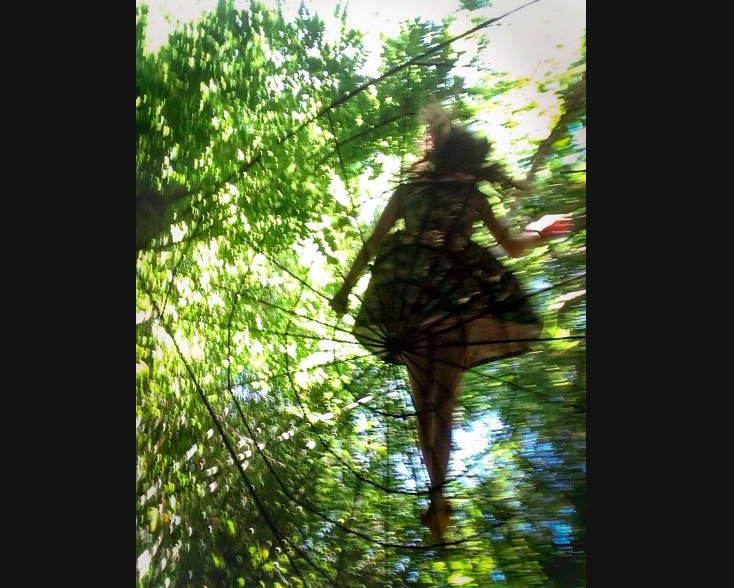
Winner of the The Children’s Peace Image of the Year, worth € 1000, is Dune Laboile, France, with her image „Slow Stream“
Dune Laboile – the surname will ring a bell. Yes, Alain Laboile, her father, is one of our five award-winners in the adult category this year. We have never had such a constellation. One could also say: like father, like daughter. Alan Laboile described his daughter beforehand. He calls her cute and quiet. And he says that she has a lot of time for discovering her little world; for painting and sketching and shaping; for playing with five cats; building caves and swimming; reading and watching films; making short videos and, of course, photography – because she does not go to school, but has private lessons at home. Moreover, he says, Dune doesn’t like racists and the destroyers of our plant. All this makes us curious about what will become of young Dune.
Click on the title to see the complete story. [Editor’s note: only one photo is shown here, but there are many more photos on the original article.]
Click here for the shortlist of the Alfred Fried Photography Award 2019.
Click here for the shortlist of the Children Peace Image of the Year 2019.
Thank you to everyone who submitted to the Alfred Fried Photography Award 2019.
Award Ceremony
The Alfred Fried Photography Award 2019 was presented on 12 September 2019 at a gala in the rooms of the Austrian Parliament. On behalf of Wolfgang Sobotka, speaker of the Austrian National Council Harald Dossi introduced the ceremony attended by 200 guests. More…
Exhibitions
All entrants will have the chance to take part in worldwide exhibitions.
